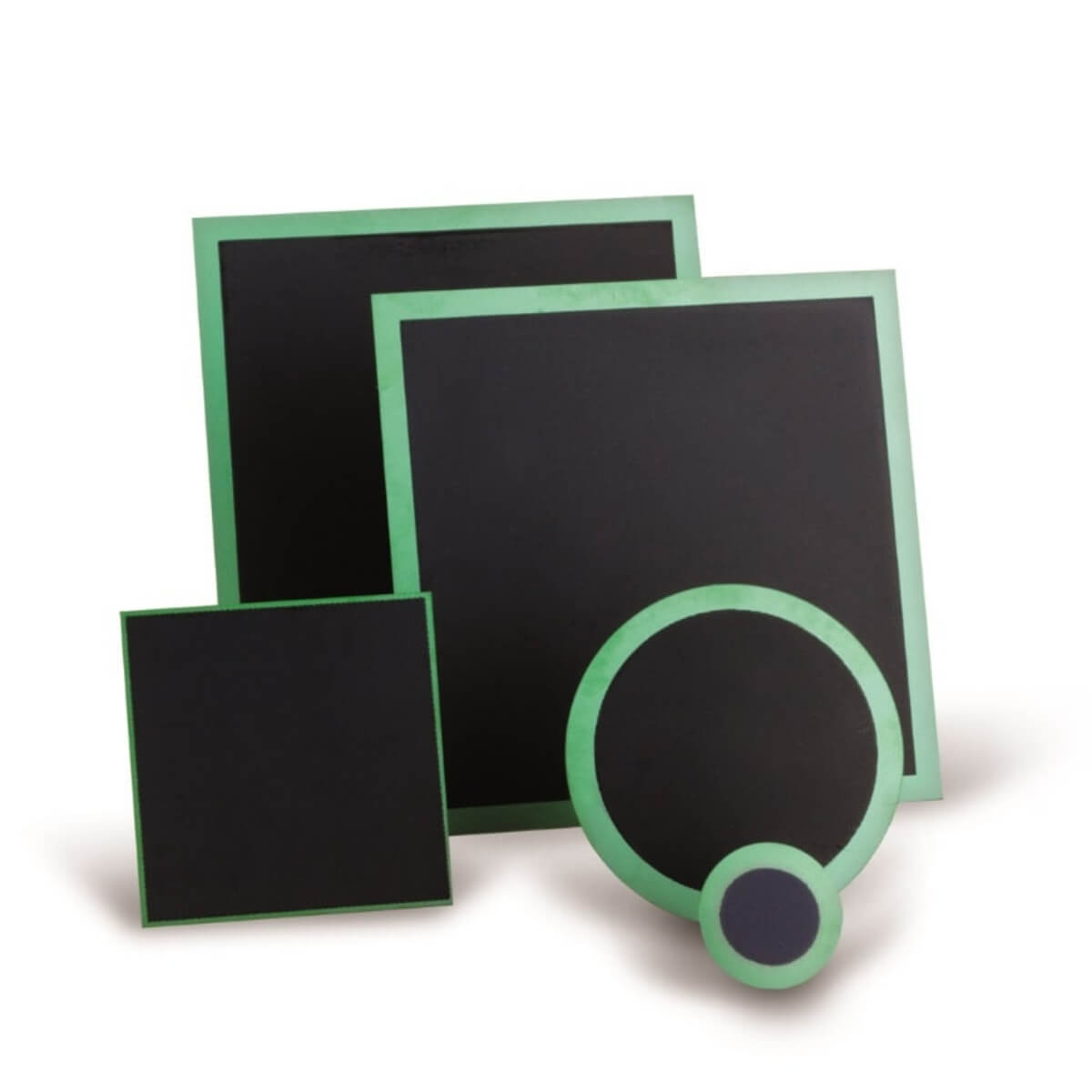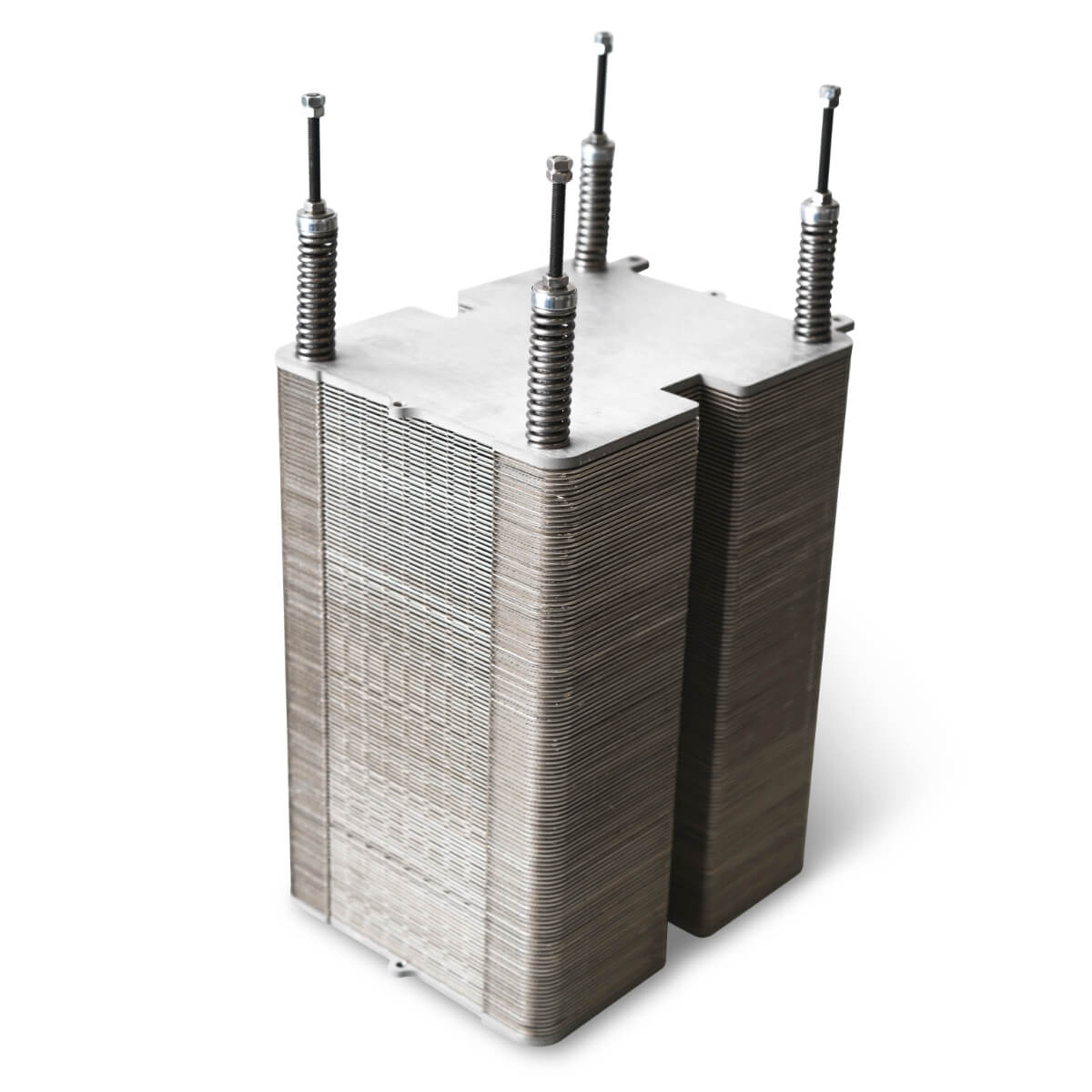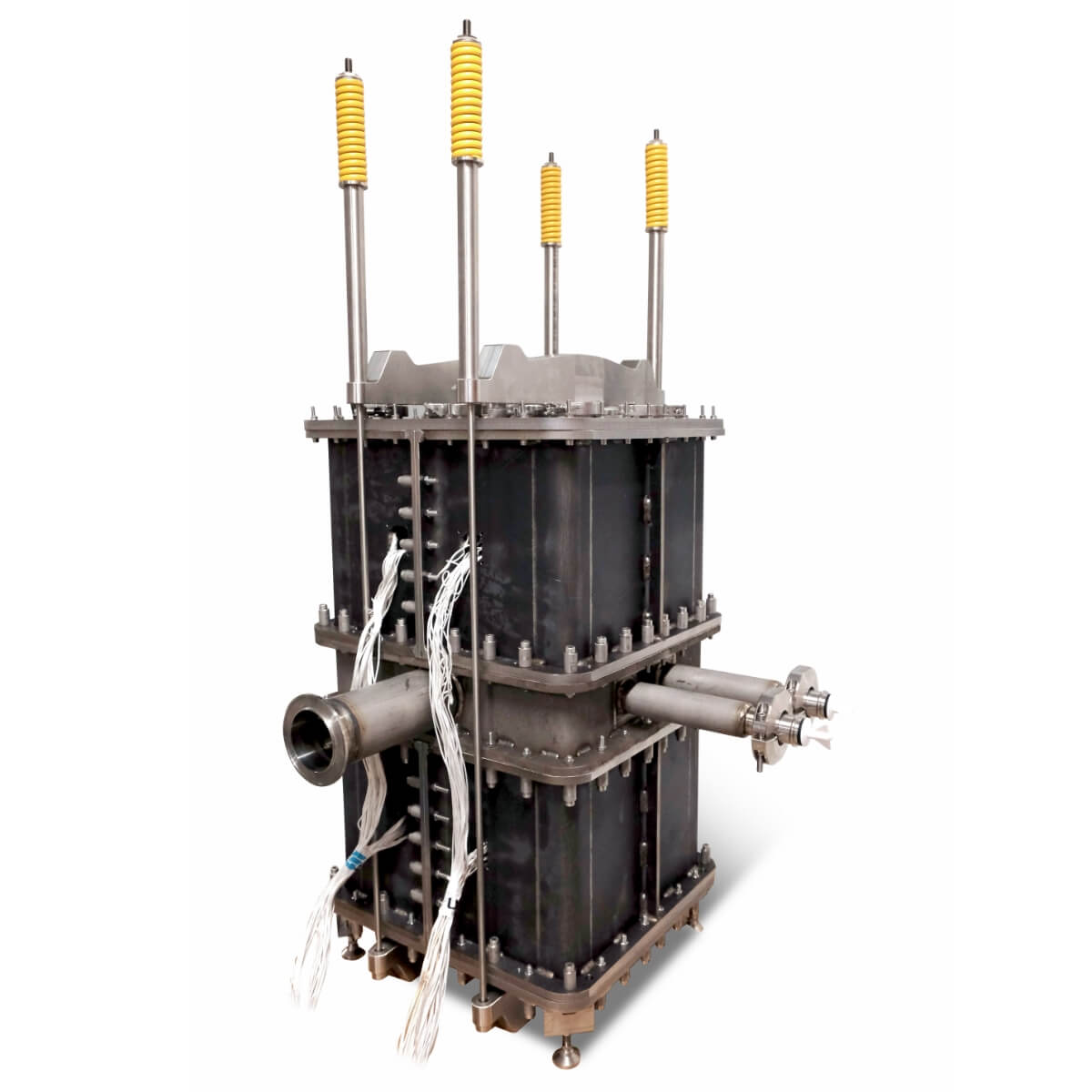Elcogen’s products are based on clean technology and focused on helping the world to move away from dependence on polluting fuel sources to meet countries’ obligations on emissions targets set out by the Paris Climate Agreement.
Environment
Environmental
By the very nature of the fuel cell process, Elcogen’s fuel cells produce negligible amounts of SOx, NOx, carbon monoxide and volatile organic components. If run on natural gas, CO2 emissions from Elcogen’s fuel cells are 34% to 39% lower than for gas-powered combustion boilers due to the significantly higher electrical efficiency of fuel cells compared to these traditional electric generators. If the fuel cells are run on biogas or hydrogen, CO2 emissions are reduced to zero. In power generation applications, even with hydrocarbon fuels, fuel cell systems also filter particulate matter (both PM10 and PM2.5) from the ambient air, creating an additional environmental benefit.
In terms of materials usage, the only difficult element to source sustainably currently used by the Group is cobalt which is used in very small amounts and far less than is used, for example, by electric battery manufacturers. Elcogen has instituted a research programme that seeks to replace this material over time. The Group has analysed its supply chain and, with the exception of cobalt, all component and materials suppliers source responsibly. The Group is seeking alternative suppliers for cobalt.
The Group operates two facilities: the principal site (and the site for the new factory) is in Estonia; and a second site is in Finland. Neither site uses water in any production process. Both the Estonian and Finnish sites have contracts to obtain 100% of their power from renewable sources.
The Group is committed to reducing the carbon footprint of its products over time through improved sourcing of components and power, and through maximising recyclability of components at end-of-life. The Directors will further analyse Elcogen’s supply chain while developing a Supplier Qualification document.


